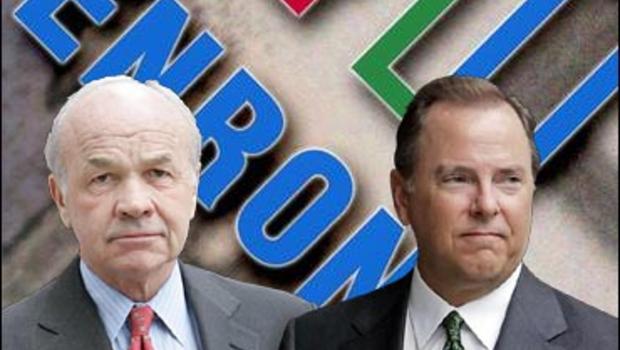 As I noted at the conclusion of the Lay-Skilling trial, my sense is that the trial was over before it began because the jurors — particularly its leaders — were predisposed to convict.
As I noted at the conclusion of the Lay-Skilling trial, my sense is that the trial was over before it began because the jurors — particularly its leaders — were predisposed to convict.
Now, according to this Brenda Sandburg/American Lawyer article, the jury consultants working the Lay-Skilling case thought the same thing. In fact, they gave little hope that any jury anywhere could be empaneled that would view the case without a strong predisposition to convict.
Remember that the next time you read and hear the prosecution in a criminal case undertaking a propaganda campaign to fan the flames of resentment and scapegoating in the jury pool.
As Sir Thomas More reminds us, do any of us really think that we could “stand upright in the winds that would blow” if that power were applied to us?

Tom K. —
Thank you for your continuing analyses of the Enron cases.
One of the frightening take-aways from the Enron trials is that typical juries simply seem unable to handle white collar criminal cases in which there is any significant degree of complexity. In the Enron trials, prosecutors generally avoided the central fact bases of the cases and played to the biases and ignorance of the juries. And, sadly, they often got away with the tactic, winning a few convictions and getting praised by the press for making the cases “simple”.
I hate to be critical of the jurors because I assume that they do the best they can. However, what can we do to repair a system in which the jurors, for whatever reasons, are not able to perform their crucial function?
Interesting article. I felt since day one of the trial that the “Enron was a great company” theory was too hard a sell given the countless pieces of red-flag evidence the prosecutors were chomping at the bit to cram down the defense’s throat. Ultimately, I don’t think any amount of voir dire could have cured such a fundamentally incredulous case theory.
I met Hirschhorn once when he gave us a class on voir dire in law school. He is one of the most contagiously energetic and inspiring people I’ve ever met. Indeed it is hard to see him clashing hot-headedly with anyone.
I also thought Petrocelli was an unusual choice for lead attorney. I can’t for the life of me understand why Skilling didn’t choose from the likes of Dick DeGuerin, David Berg, or even someone with a slightly different flavor like Paul Nugent or Mike Tigar. I’m not saying that Petrocelli did badly–he didn’t, in fact quite the opposite– but surely you’d think when push comes to shove, the years of criminal trial experience one of these guys would have brought to the table would have counted for something.